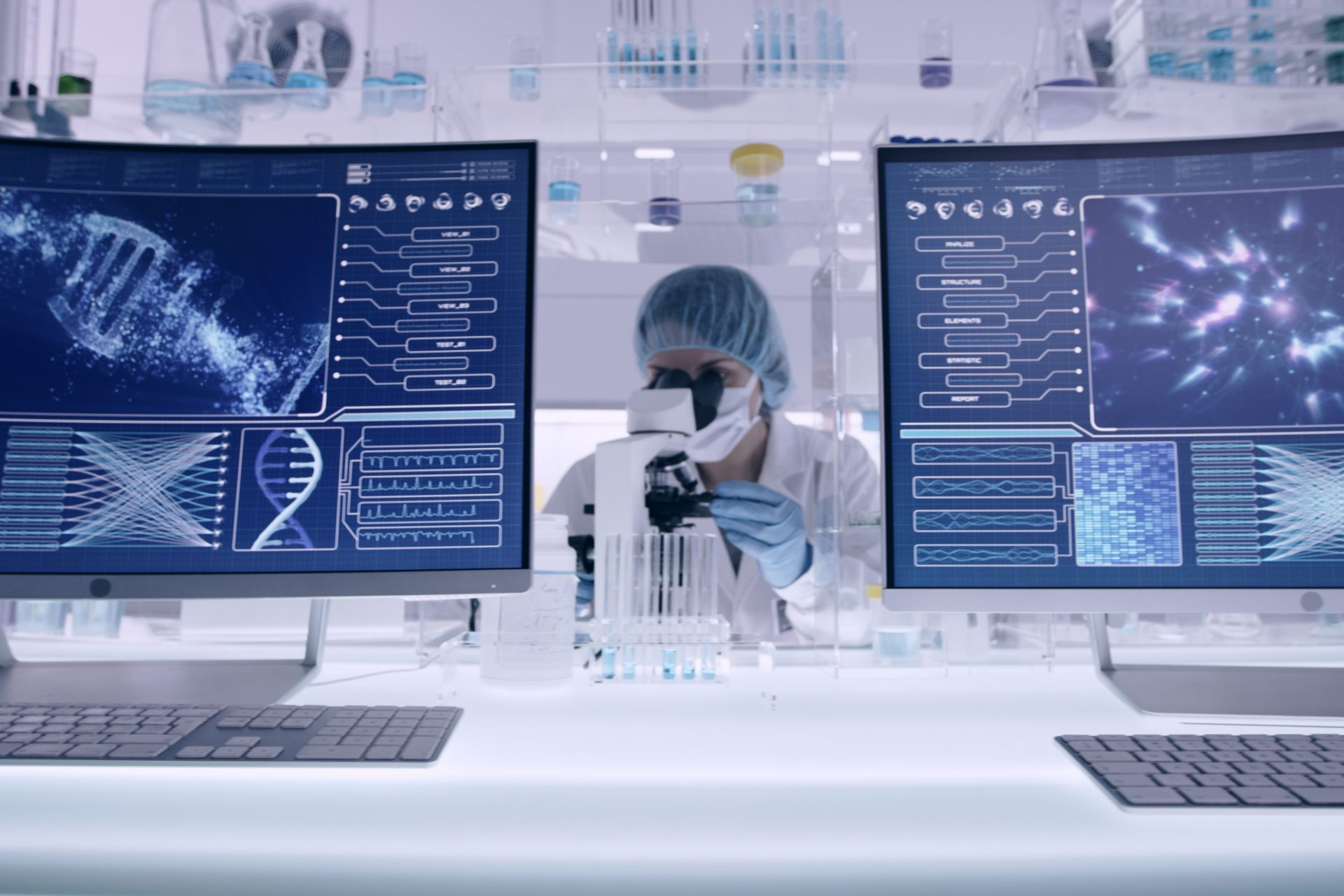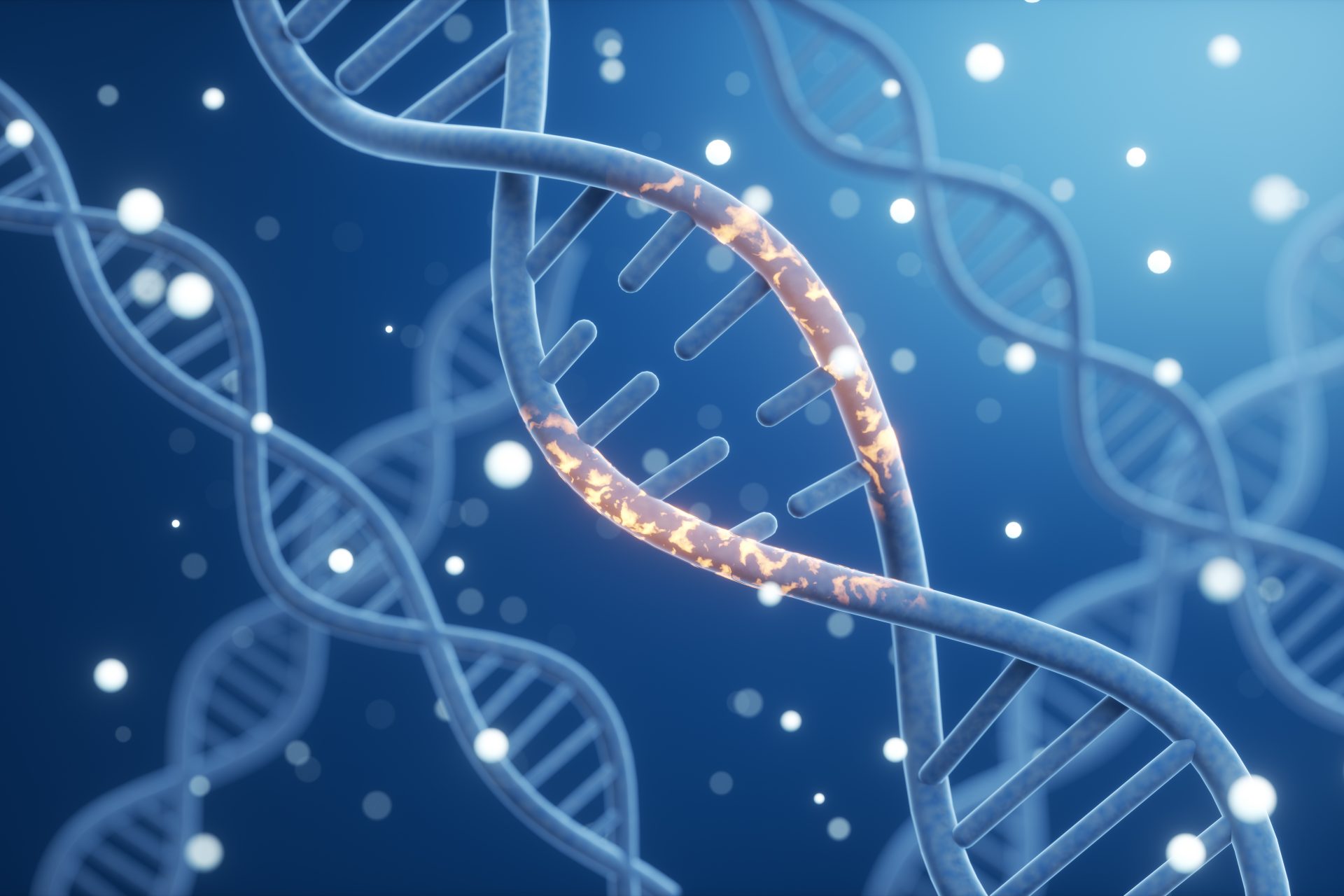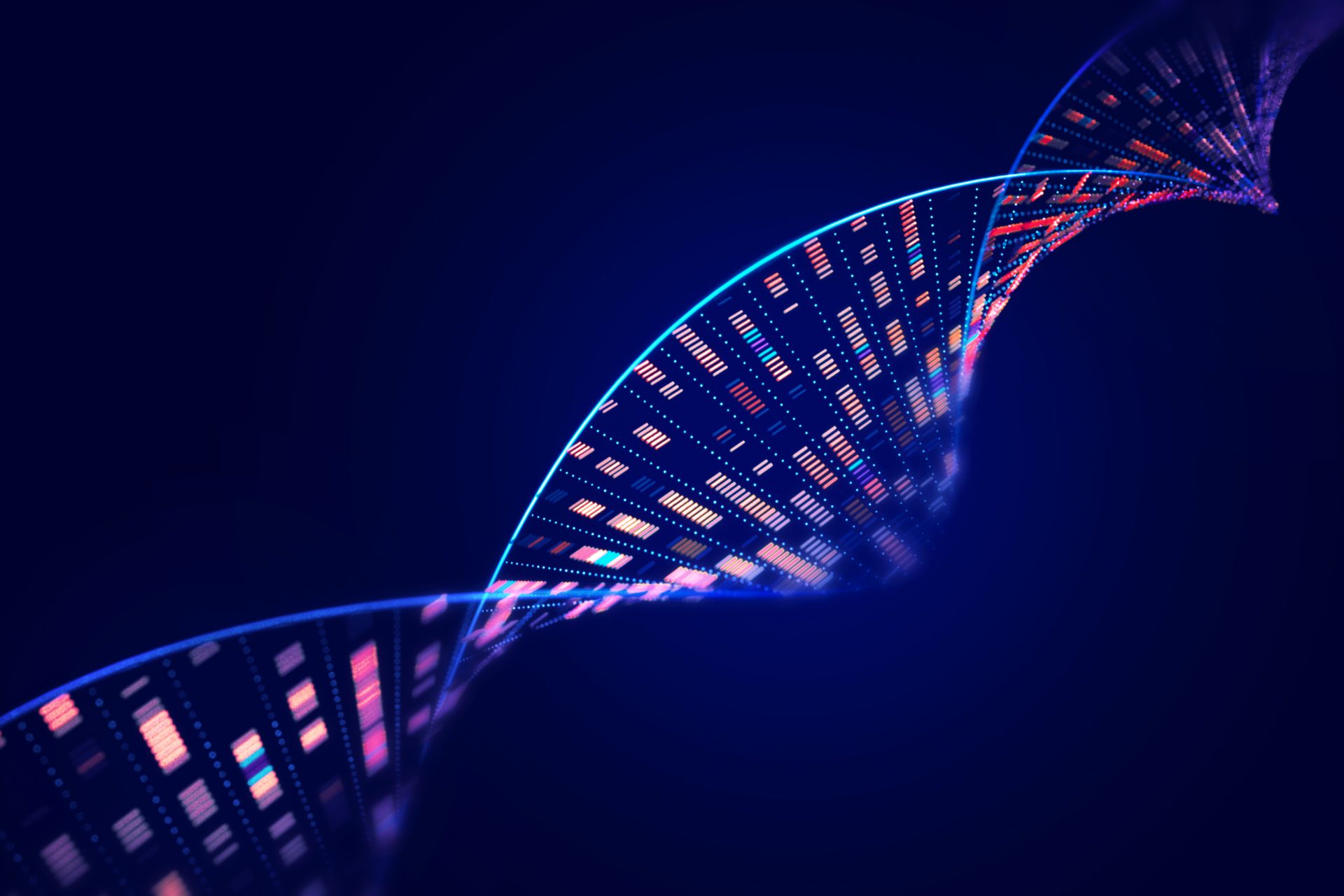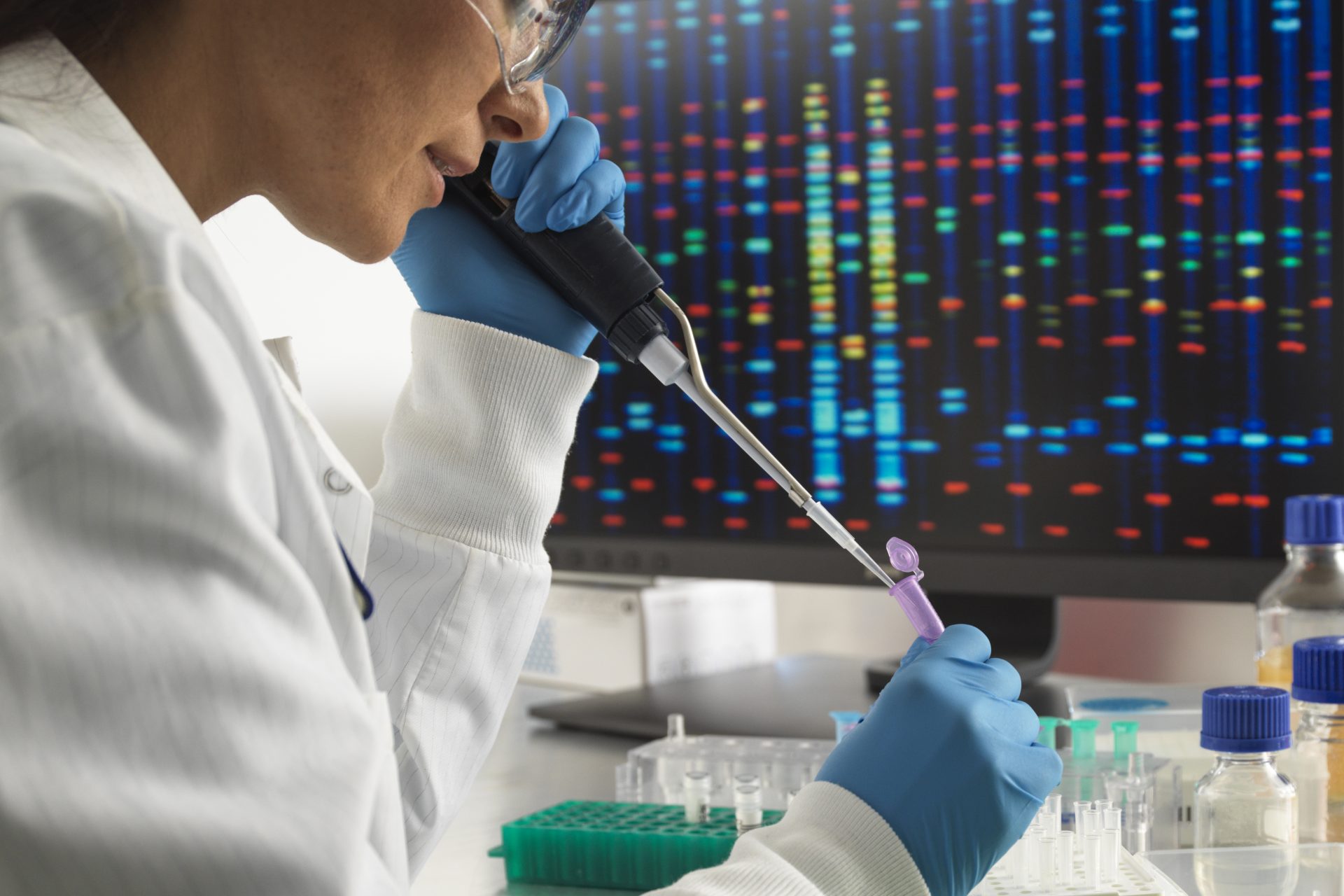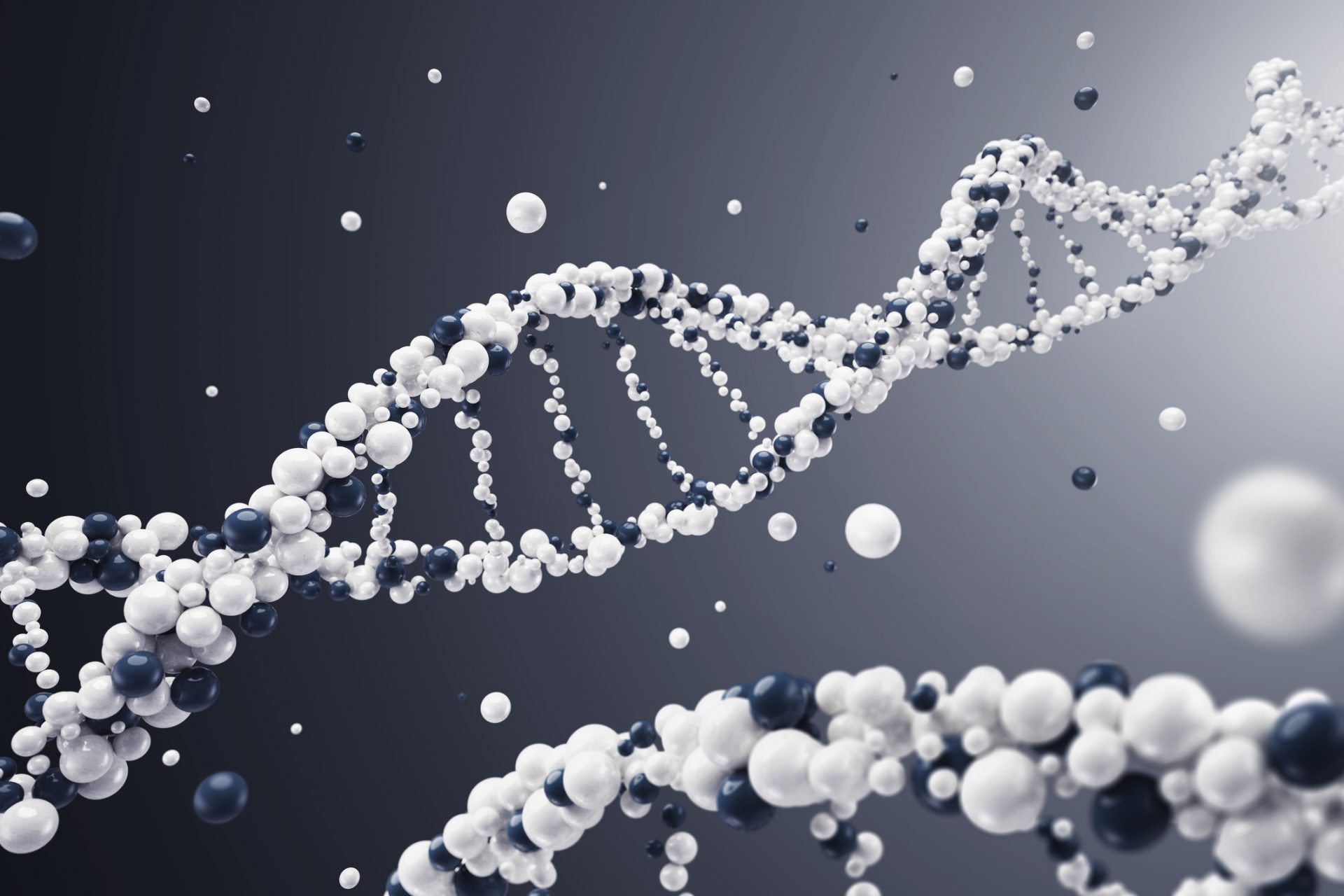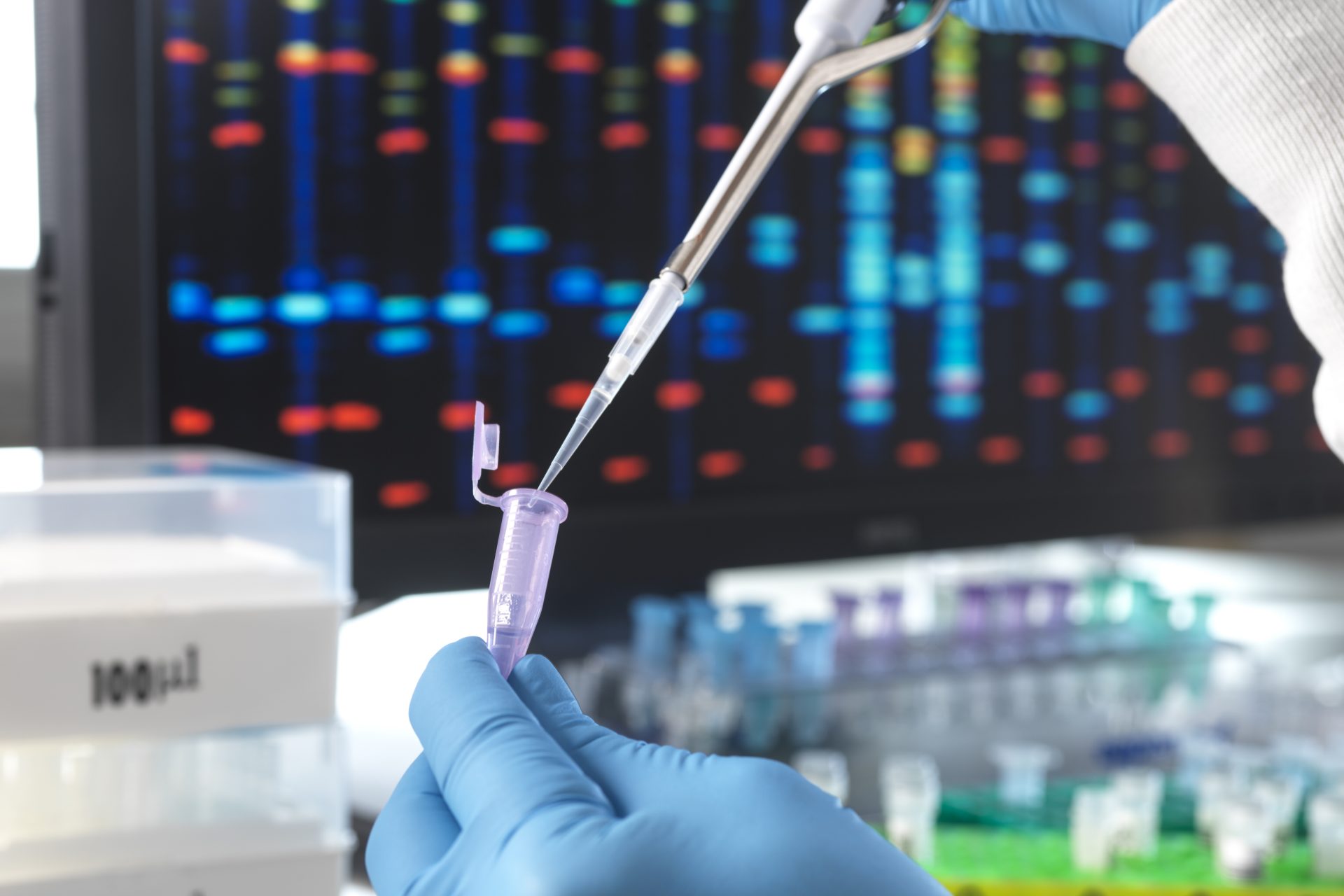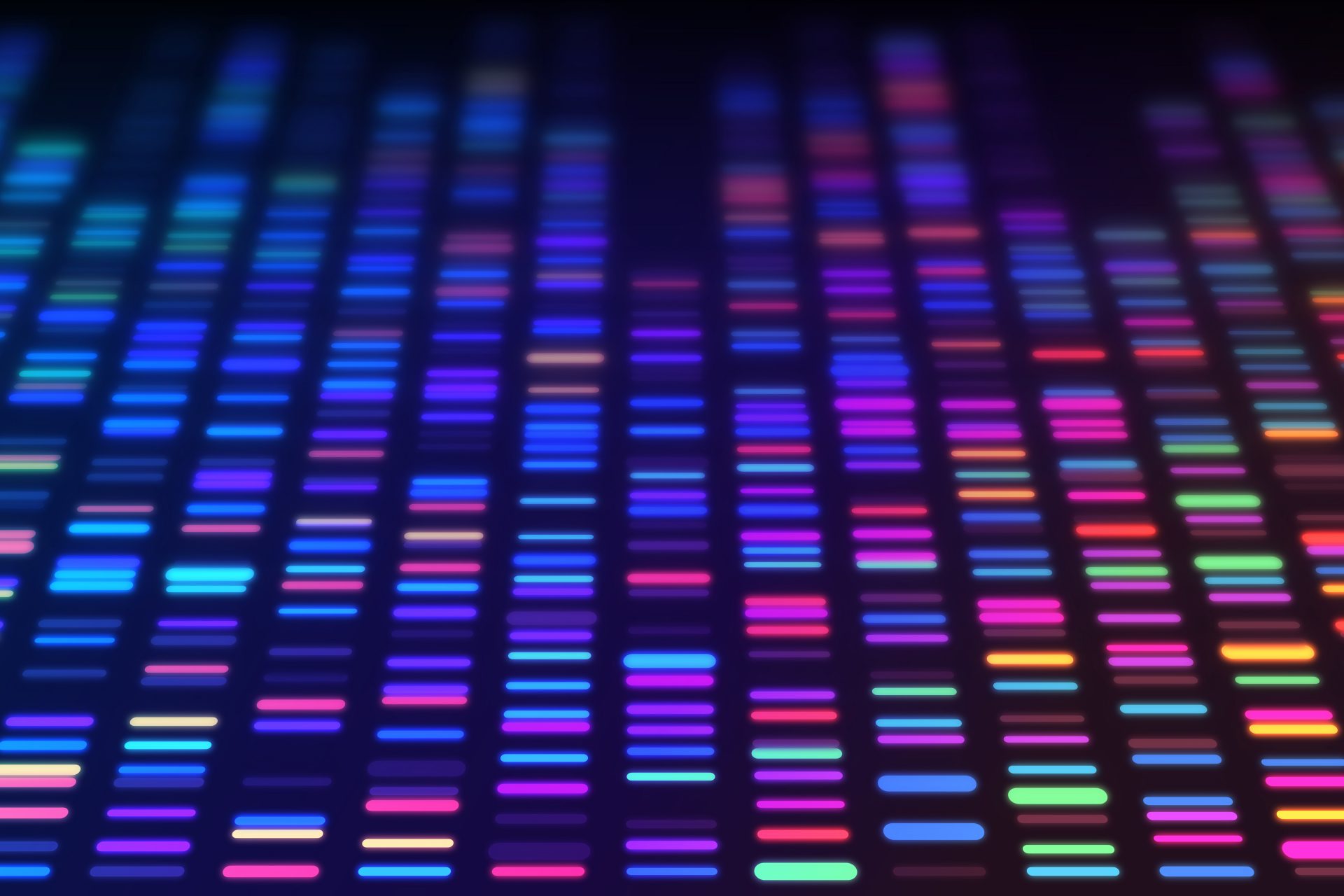Scientists discover the gene that can increase your lifespan
We always like to imagine each other having long, healthy lives, but is it possible to predict how long will be your life? A recent study that what we suspected: Longevity is related to our genetics.
This explains why people with similar lifestyles might show wildly different lifespans.
A group of Italian researchers have identified a new gene capable of controlling the development and lifespan of cells.
Published this year in the Journal of Clinical Investigation, the study has surprised the scientific community by shedding light on the cell aging process.
The main discovery is that the human DNA sequence C16ORF70 encodes a protein called Mytho, which is associated with how we live.
This protein helps to renew damaged proteins and organs, maintaining cellular homeostasis or the internal balance of the organism.
It essentially allows autophagy, a crucial process, to combat internal damage caused by aging.
This means that the presence of the Mytho protein contributes to a healthy old age, having an important role dealing with stress and longevity.
During research, scientists used computer techniques to map which genes in the human genome may be relevant to the mechanisms that regulate the quality of proteins and organs.
“Among the various candidates, a team concentrated on a gene that emerged due to its well-known preservation among different animal species, from humans to worms, called C16ORF70/Mytho,” explains Anais Franco Romero, co-author of the study, quoted by CNN.
The genetic manipulation experiments were carried out in worms from the species Caenorhabditis elegans, due to its similarity to the genetic aging process to humans.
Furthermore, we discover that the inhibition of this gene results in a reduced lifespan, since it provides significant improvements in the quality of living and ensures a much healthier aging.
This gene is present in all human beings and in various other species, from worms to wild animals.
Even after obtaining positive results, the researchers point out that genetic networks aren't as clear-cut, depending on the life and environment of each individual.
In fact, many of the protein-coding genes in the human genome are still not well-defined. Recent studies show that, of 20 million protein coding genes, 5 million remain undefined.
The results of this study indicate that the activities of Mytho could be applied, in the future, in medical processes that could span our lifespans.
More for you
Top Stories





